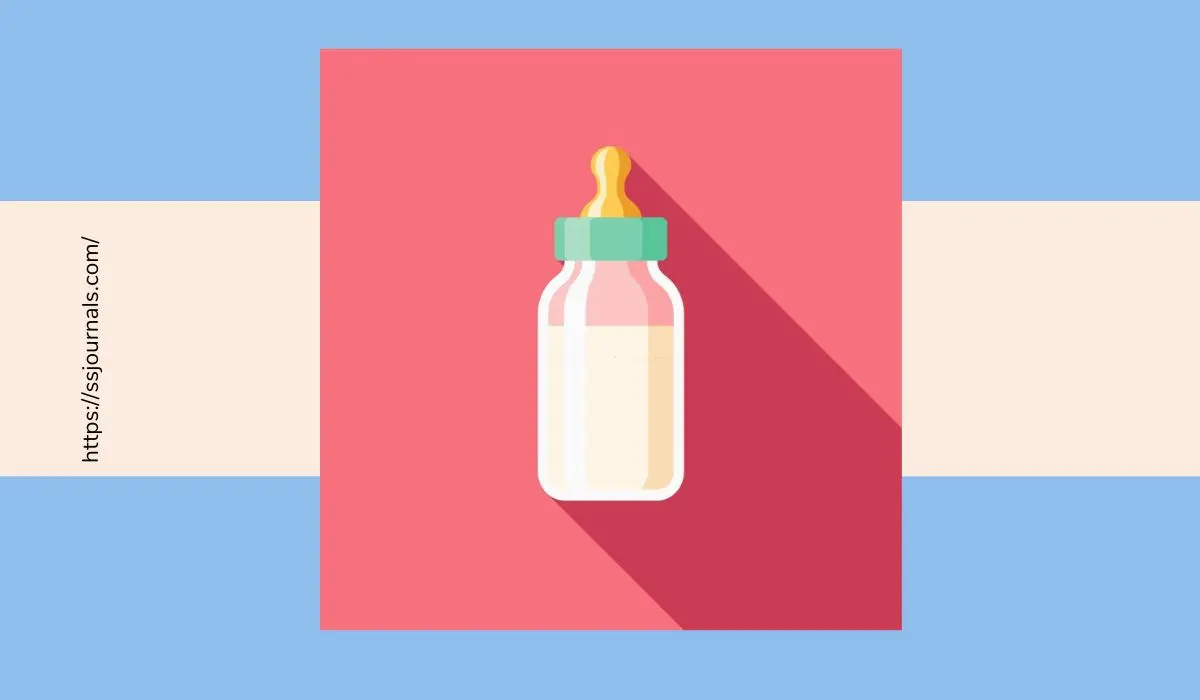Breast milk provides ideal nutrition for babies and offers lifelong health benefits. Many new moms struggle with low milk supply but wish to increase production naturally before supplementing. The good news is several remedies can help boost breast milk when combined with feeding on demand.
The Benefits Of Breast Milk
Breast milk provides complete nutrition uniquely customized for human infants. It contains the perfect blend of proteins, fats, vitamins, and enzymes to promote growth and development. The natural immunity-boosting compounds in breast milk protect babies from illness and infection.

Breastfed babies have reduced risks of asthma, obesity, diabetes, and childhood cancers. Breastfeeding also benefits moms by releasing oxytocin to reduce postpartum bleeding, help shrink the uterus, and enable bonding.
Best Home Remedies To Increase Breast Milk
Frequent feeding on cue
Let your baby feed as often as they want to signal your body to produce more. Aim for 8-12 feeds per day.
Skin-to-skin contact
Kangaroo care helps milk ejection and supply. Hold baby skin-to-skin for 1-2 hours daily.
Massage breasts before nursing
Use gentle circular motions to stimulate milk ducts to drain more efficiently.
Use breast compression during feeds
Gently compress breasts to keep milk flowing. Switch breasts several times.
Stay hydrated
Drink plenty of fluids, like water, soup, or lactation tea. Avoid alcohol and caffeinated drinks.
Eat lactogenic foods
Oats, leafy greens, eggs, nuts, and seeds boost milk production.
Get enough rest
Nap when baby sleeps. If night nursing, keep supplies near your bed.
Reduce stress
Get help around the house and incorporate relaxing activities. Deep breathing also helps.
Related: Breast Milk Proteins: The Key To Baby’s Gut Health?
When To Seek Medical Help?
See your doctor if the above remedies don’t increase your supply within 2 weeks or if you notice:
➜ Baby is not gaining weight or has few wet diapers.
➜ Breasts never feel full before feeds.
➜ Breasts still feel full after feeds.
➜ Nipples look flat instead of rounded after a letdown.
➜ You get breast pain, lumps, fever, or other concerns.
A doctor can evaluate for underlying causes like thyroid disorders, hormone imbalances, insufficient glandular tissue, or use of contraceptives. Prescription medications or hospital-grade pumps may be prescribed.
In some cases, formula supplementation may be medically recommended. But know that continuing to nurse and pump will still help boost production.
Conclusion
Don’t get discouraged if breast milk production takes time to build up. The remedies above combined with consistent emptying of breasts can safely increase breast milk without supplements or medication. However, if low supply persists despite best efforts, consult a lactation consultant or doctor to explore solutions so baby continues receiving the lifelong benefits of breast milk.
FAQs
If baby seems hungry soon after feeding, isn’t gaining weight, or has few wet diapers, low milk supply may be an issue. Engorged breasts before feeds but soft afterward or baby taking short feeds also indicate low supply.
It can take 2 weeks of consistent effort with the remedies listed for many mothers to see a noticeable supply increase. Some respond more quickly. Work closely with a lactation consultant during this time.
Oatmeal, leafy greens, carrots, berries, eggs, nuts, seeds, salmon, and Greek yogurt are all lactogenic foods nursing moms should eat daily. Stay hydrated and limit caffeine.
It’s very common for mothers to have one breast that produces more milk. Nurse on the lower-supply side first to train it to produce more over time. Using more compressions on that side can also help.
As long as you continue nursing/pumping frequently when supplementing, this will signal your body to keep producing breast milk. Lactation supplements can also help maintain supply if supplementing.

